What is Wicca?
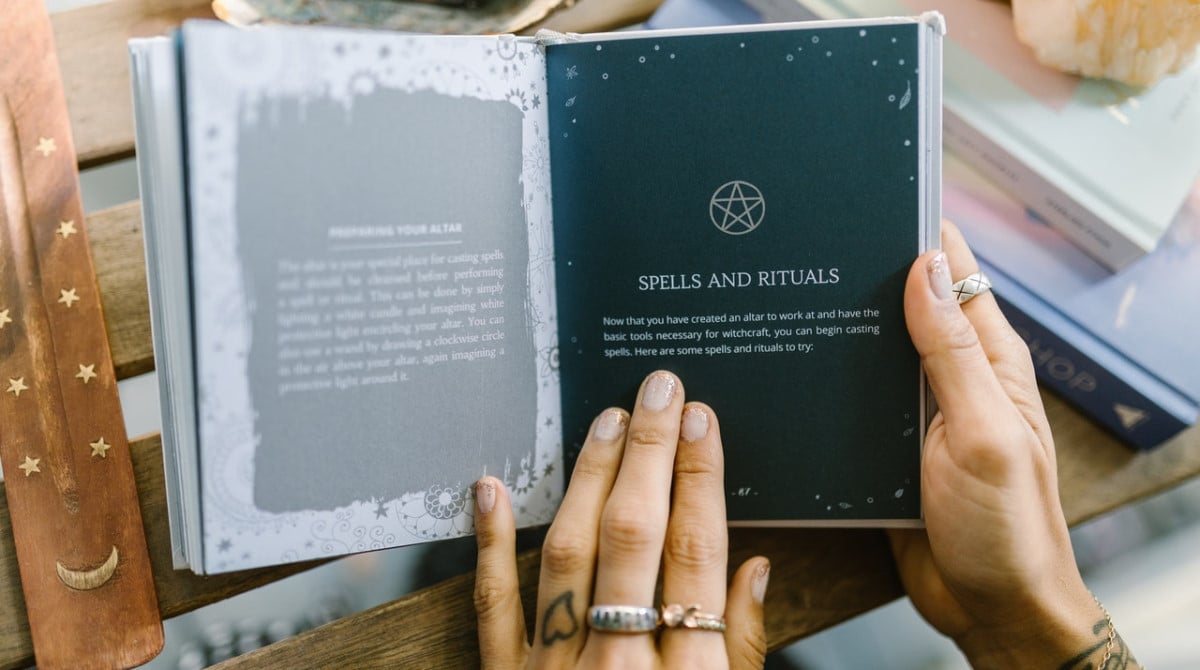
Updated: June 16, 2024
May 16, 2022
Estimated Read Time: 13 minutes
Imagine a religion that celebrates the wonders of nature and embraces the ancient wisdom of our ancestors. Welcome to Wicca—a modern, nature-based pagan faith. Wicca empowers us to connect deeply with the world around us. We engage in rituals and practices rooted in reverence for the Earth. While often confused with witchcraft, Wicca stands apart as a distinct spiritual path. Contrary to media portrayals, people of all ages, genders, and backgrounds practice Wicca. Every human can find their own unique journey within this diverse tradition.
Keep reading to discover what makes Wicca a transformative spiritual path for many.
What Is Wicca Really About?
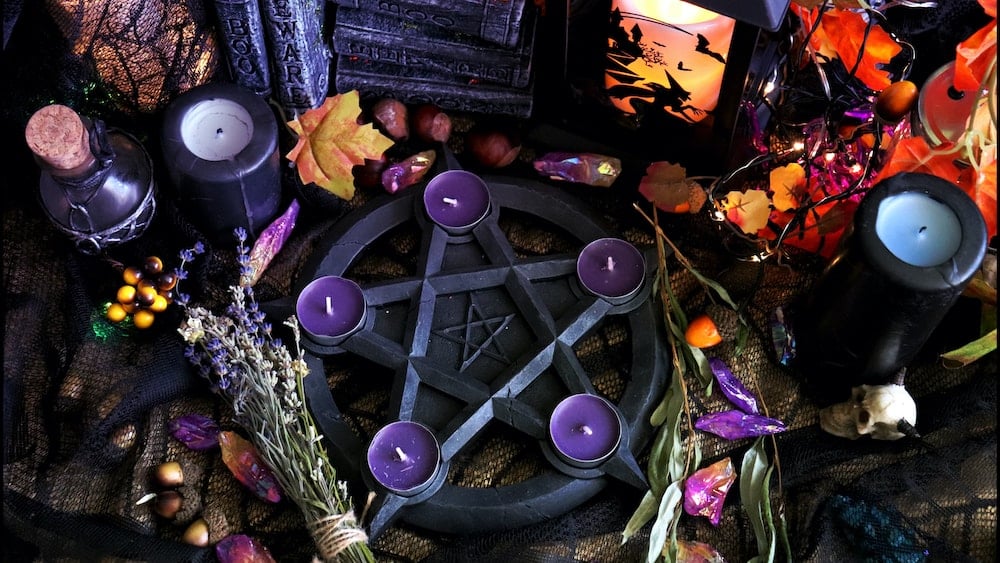
Wicca is a modern spiritual practice that draws inspiration from pre-Christian traditions. Though, the exact origins are subject to debate. Some practitioners believe Wicca is a direct continuation of ancient pagan religions. Others view it as a contemporary interpretation of those traditions.
One of the key aspects of Wicca is its flexibility. It is a diverse and adaptable spiritual practice. It allows for a wide range of personal interpretations and expressions. There is no central authority. There is no “pope” of Wicca, nor is there a “Bible”. There is no one right way to practice. This lack of structure can be uncomfortable for some. Especially those who are coming from more strict religions.
However, within Wicca, there are subsets called traditions that have specific ways to practice. Some examples are Gardnerian, Dianic, and Alexandrian. Those traditions mostly developed in the 60’s, 70’s, and 80’s. In recent decades, there’s been a rise in a new tradition of Wicca called Eclectic. That’s the tradition we prefer. Eclectic Wicca encourages practitioners to create their own unique blend of spirituality. It allows you to draw from various sources and traditions that resonate with you.
With this foundation in mind, let’s explore specific aspects of Wicca, including its deities, the practice of covens, the significance of holidays, and more. These elements provide a deeper understanding of Wiccan beliefs and practices.
Who Do We Worship?
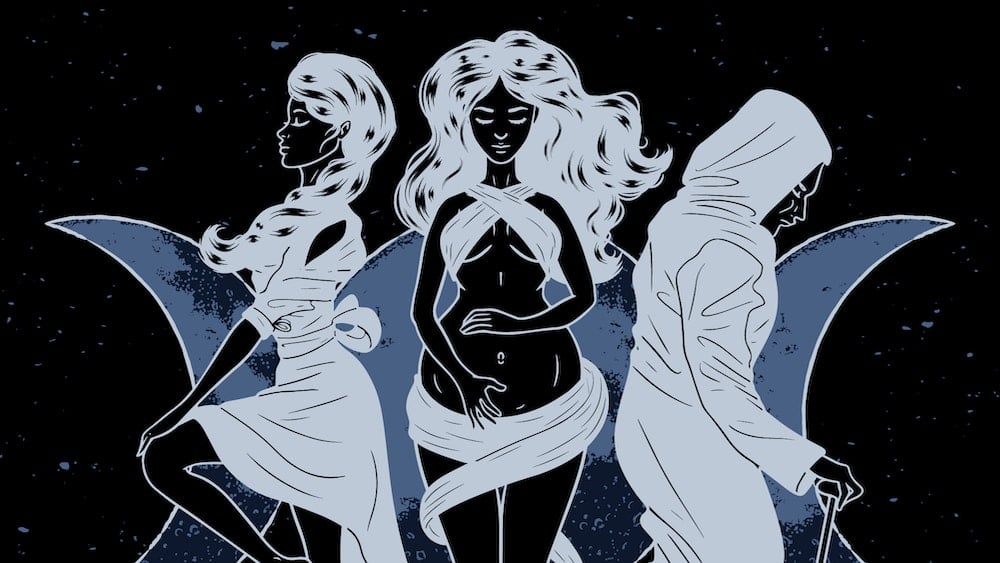
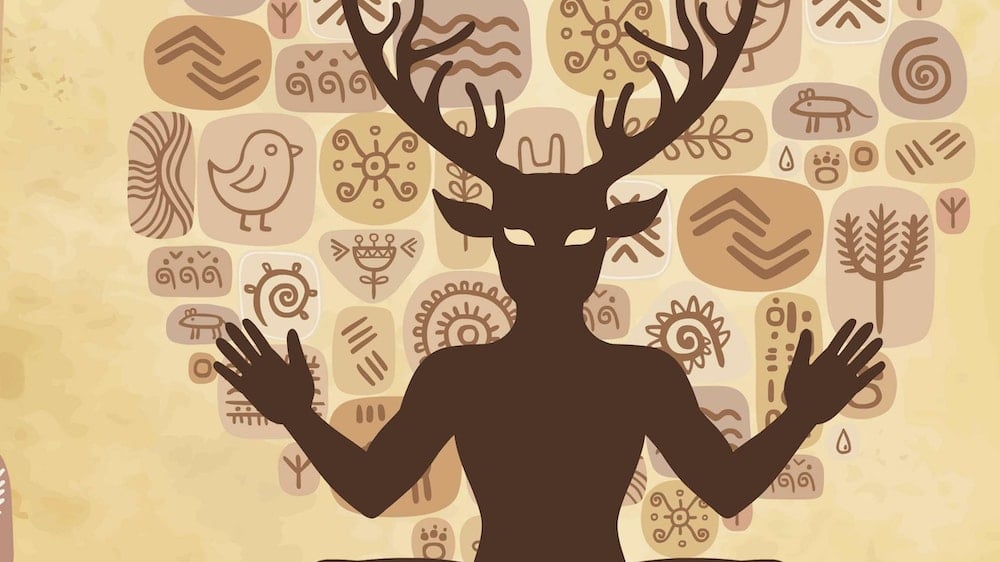
Most Wiccans are duotheistic, honoring a female Goddess and a male God. The female Goddess is commonly referred to as the Mother Goddess, Triple Goddess, or Moon Goddess. The male God is commonly referred to as the Sun God or Horned God. This divine duality is what sets Wicca apart from many popular religions that focus on worshiping one—usually male—god. However, Wiccan traditions can also be:
- polytheistic (worshipping multiple deities)
- pantheistic (believing that the divine is present in all things)
- atheistic (not believing in deities at all)
Some practitioners view gods and goddesses as symbols rather than literal beings. Further, some traditions include a third, non-binary, deity.
The Mother Goddess and the Horned God are not specific deities. They are figures. Each individual can choose which deities represent their own Mother Goddess and Horned God. We can choose the deities we identify with from any pantheon, such as Greek, Roman, Celtic, or Norse. For example, you could choose Hecate and Cernunnos, or Brigid and Pan.
Part of the beauty of Wicca lies in its adaptability. The freedom to choose our own deities(or none at all) allows us to create a spiritual practice that is truly our own. The deities we choose to honor are a reflection of the values we hold dear. They serve as guides and inspirations in our lives. That freedom is one of the key elements that make our path so fulfilling and empowering.
Related: The Goddesses and Gods Love You and Want You to Be Happy
Group and Individual Practice

In the past, the only way to learn Wicca was by joining a coven. That’s how Wicca was traditionally practiced for a long time. You would need to be initiated before more experienced members would pass on their knowledge to you. Over time, educational materials have become more widely available. That has lead to a rise in solitary practice. Now, almost anybody can learn and practice Wicca on their own. It’s been a wonderful development for those who can’t find a local coven.
Another recent development are digital covens. Social media and group messaging apps enable witches from all over the globe to come together. These groups can be a great way to learn from and share with others. Wicca can be a lonely path, but it doesn’t have to be.
Some Wiccans still think that being initiated into a coven is the only true way to learn and practice. We disagree. We think that anything that makes it easier for people to find their path is a positive. We don’t think Wicca should be limited by location.
Related: You Are Not Alone
Holidays and Rituals
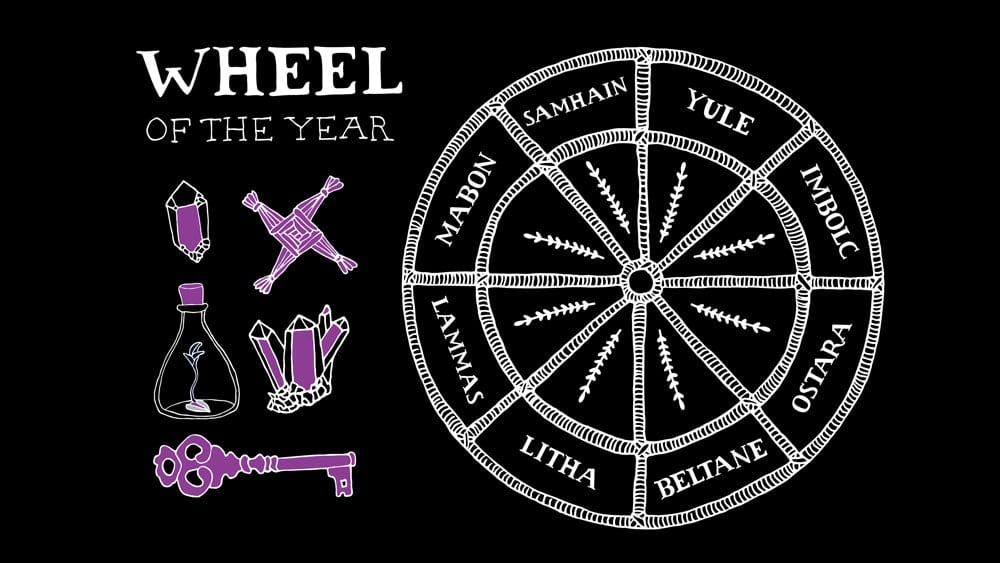
In Wicca, we celebrate the changing seasons through eight primary festivals called Sabbats. They are arranged into a calendar called the Wheel of the Year. These holidays mark the cyclical transitions in nature and the journey of the sun.
The Sabbats include:
- Yule (December 20/21): The shortest day of the year, celebrating the rebirth of the sun.
- Imbolc (February 1/2): Honoring the first signs of spring.
- Ostara (March 20/21): Marking the balance of light and darkness, and the beginning of spring.
- Beltane (April 30/May 1): A festival of fertility, celebrating the union of the God and Goddess.
- Litha or Midsummer (June 21/22): The longest day of the year, honoring the sun at its peak.
- Lughnasadh or Lammas (August 1/2): Celebrating the first harvest.
- Mabon (September 20/21): Marking the balance of light and darkness, and the beginning of autumn.
- Samhain (October 31/November 1): Honoring ancestors and the cycle of death and rebirth.
Each Sabbat has its own unique themes, traditions, and rituals. You can explore them further in our dedicated articles for each holiday, linked above.
Since the holidays are based on the position of the sun, in the Southern Hemisphere the dates are reversed. When we are celebrating Samhain in the North, our Southern Hemispheric siblings celebrate Beltane.
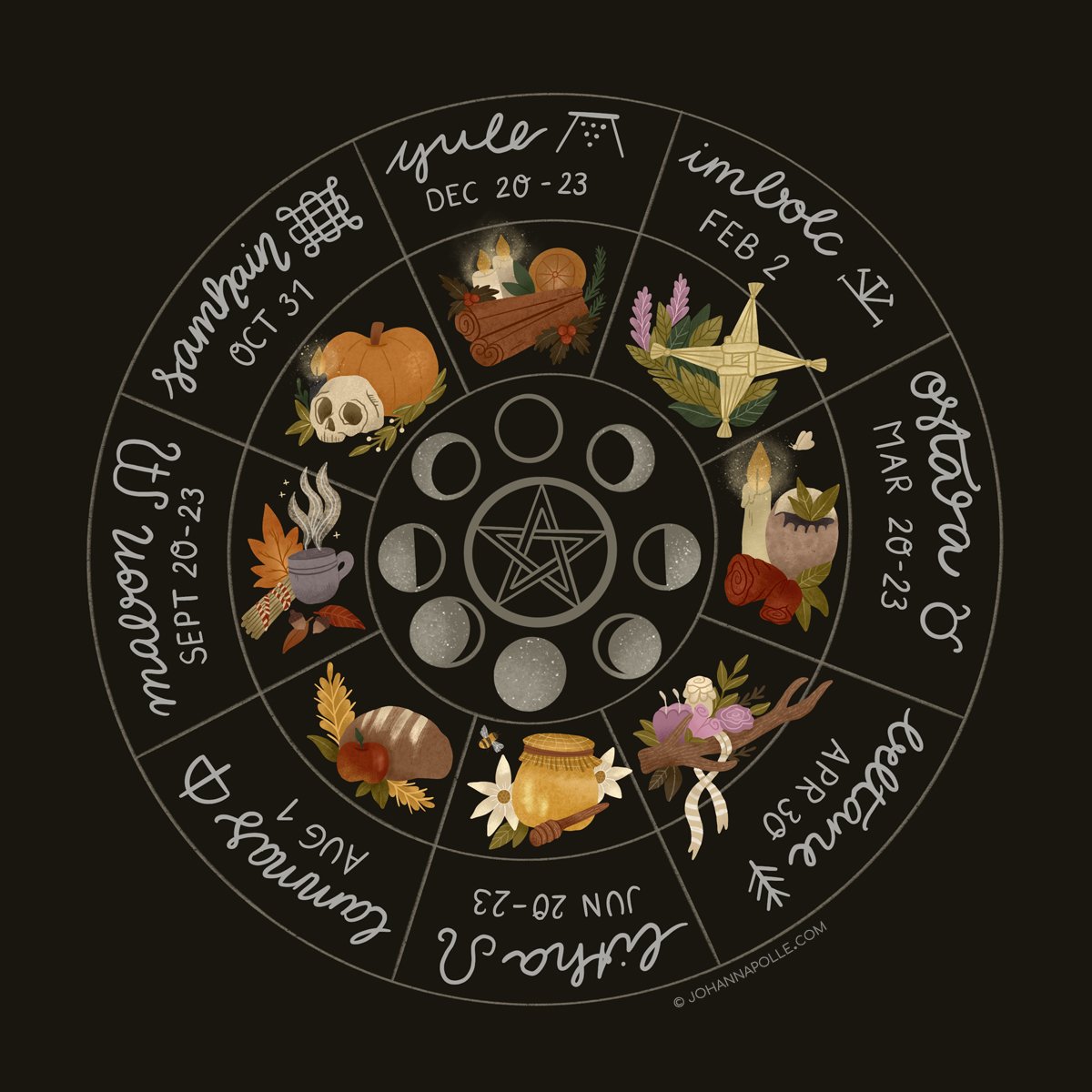
Wiccan Sabbats typically begin at sunset and conclude at sunset the following day. Many rituals take place at night. That’s a tradition stemming from the time when rituals had to be done in secret.
Through these rituals and celebrations, we attune ourselves to the natural rhythms of the world around us. We find balance, harmony, and spiritual connection in the ever-turning Wheel of the Year.
The specific practices and tools used in these rituals can vary between different traditions. The goal is always to attune oneself to the natural rhythms of the world. We find balance, harmony, and spiritual connection.
By celebrating the Wheel of the Year, we honor the cycles of nature and the ever-changing seasons. We recognize the interconnectedness of all life and the divine forces that shape our world.
The Use of Magick and Ethics Rules
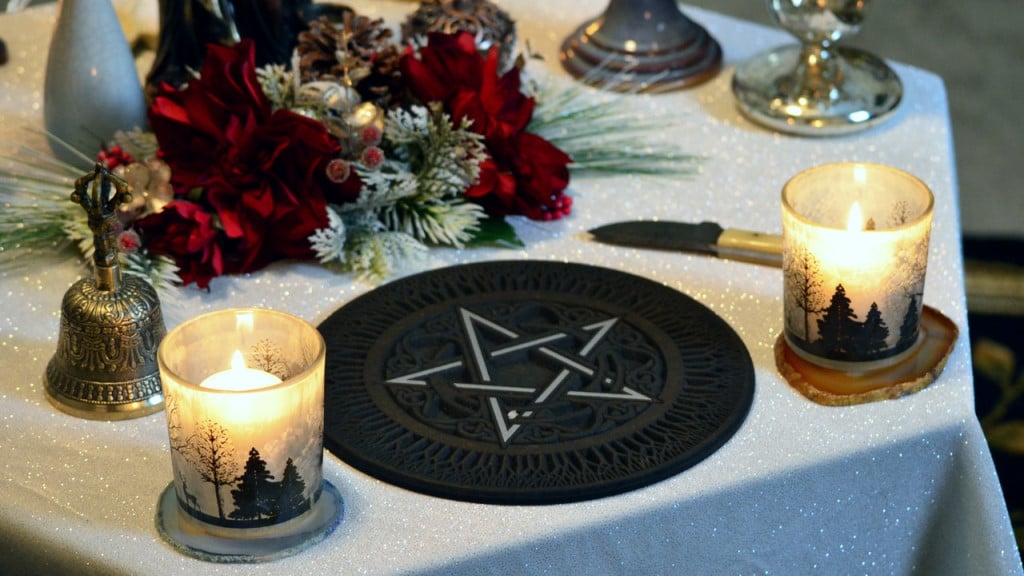
Wicca, like many other pagan religions, incorporates the practice of magick. We believe that our minds have the power to influence reality in ways that science has yet to understand. Spells are a way for us to focus our intentions to bring about positive changes in our lives and the lives of others.
However, the use of magick in Wicca is guided by a strong ethical code. The central principle is the Wiccan Rede, which states, “An ye harm none, do what ye will.” In modern English, this translates to, “Do what you want, as long as it causes no harm.” This means that we only use magick for beneficial purposes. We never use magick to cause harm or manipulate others against their will.
Another key concept in Wiccan ethics is the idea of the Threefold Law or the Rule of Three. This principle suggests that the energy we put out into the world will return to us threefold. Whether positive or negative. In other words, if we engage in malicious magick, the negative consequences will be magnified and revisit us. This belief encourages Wiccans to always consider the potential ramifications of their actions. Always use magick responsibly.
It’s important to understand that magick doesn’t always work in the way we expect. For example, a love spell cannot force a specific person to fall in love with you. That would violate their free will. Instead, it might attract love and affection from other places, such as family or friends. Similarly, a spell for wealth won’t cause money to appear in your bank account. It could open up new opportunities or guide you towards a more prosperous path. Magick works in subtle and often surprising ways. It’s essential to approach it with an open mind and a willingness to embrace the unexpected.
By adhering to these ethical principles, Wiccans aim to use magick as a tool for positive change. We are always mindful of the potential consequences of our actions. Our magickal practice is not about exerting control over others or the world around us. It’s about aligning ourselves with the natural flow of energy and working in partnership with the forces of nature.
About Death
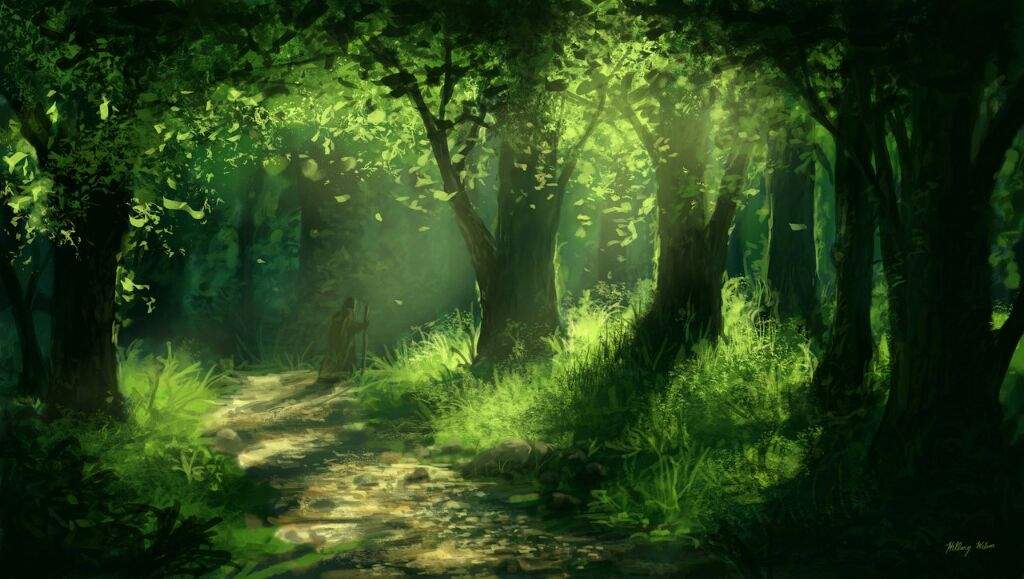
In Wicca, reincarnation is the preferred belief regarding what happens after death. The concept that our spirits continue to be reborn into new lives after death. We see this as an opportunity for the soul to continue learning and growing.
In each new life, we have the chance to reconnect with the souls we’ve met in previous lifetimes. Those we’ve shared intimate personal relationships with. That allows us to continue learning important lessons together.
Unlike some other spiritual traditions, the goal in Wicca is not to escape the cycle of reincarnation or to transcend life on Earth. Instead, we view each lifetime as a precious gift. Each is an opportunity to fully embrace the human experience. All the while we are learning on a spiritual level. We believe that our souls continue to reincarnate until we have learned all the lessons we need to learn. Until we have experienced all that life has to offer.
Once a soul has completed its journey of reincarnation, it is said to enter a realm known as the “Summerland” or “The Land of Youth.” That happens when the soul has attained a state of perfect wisdom and understanding. The Summerland is a place of rest, peace, and reunion with loved ones.
The belief in reincarnation and the Summerland offers comfort and hope. It provides a sense of continuity and purpose that extends beyond a single lifetime. It encourages us to approach life with a sense of curiosity, openness, and reverence. Every experience, whether joyful or challenging, is an opportunity for growth on a soul level.
Our free Wicca 101 course provides the essential knowledge and skills
you need to start confidently practicing Wicca.
Join the Wicca Academy community today!
The Origins of Wicca
Wicca’s origins trace back to pre-Christian religious practices. However, modern Wiccans primarily draw inspiration from the “Gardnerian Book of Shadows.” This compilation of rituals and spells was created by Gerald Brousseau Gardner (1884–1964). Gardner was a key figure in Wicca’s development.
Gardner was a former British government official who spent years in Asia. There, he studied magickal practices and occult beliefs. He also immersed himself in Western esoteric literature, including works by Aleister Crowley.
Gardner returned to England before World War II. In 1939, he joined the occult community in Highcliffe. He then established a new movement with a distinct focus. It emphasized reverence of nature, magick practice, and worship of the Goddess. The new movement worshipped other deities, like the Horned God, as well. Gardner also incorporated elements of Western witchcraft traditions.
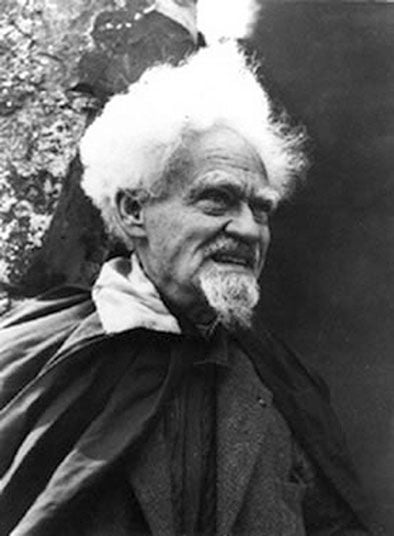
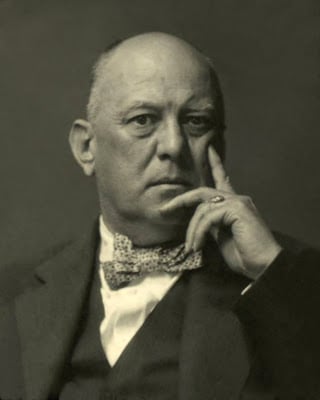
In 1951, England repealed its outdated Witchcraft Laws. That cleared the way for Gardner to publish “Witchcraft Today” in 1954. In this book, Gardner first mentioned the term “wica”, pronounced wi-kuh. The extra c, Wicca, was added in the 1960s. Gardner claimed that the name meant “intelligent people” in Scots-English.
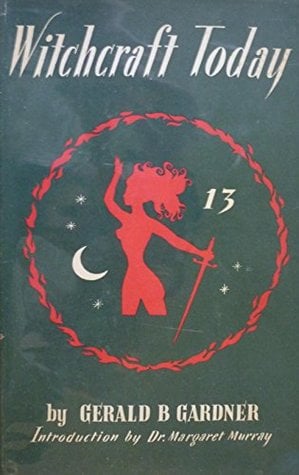
While in England, Gardner formed his first coven of followers. With their input, he developed Wicca as we know it today. One of those followers was a woman named Doreen Valiente. She played a key role in shaping the “Gardnerian Book of Shadows”.
Gardner’s system prioritized the role of the priestess. Gardnerian leaders trace their authority through a lineage of priestesses back to his original coven.
In the late 1960s, the idea quickly spread through the US. It appealed to those seeking alternative lifestyles, nature-centered spirituality, and non-traditional religious practices. All of which were popular ideas at the time. By the 1980s, there were about 50,000 Wiccans in North America and Western Europe.
Later Developments
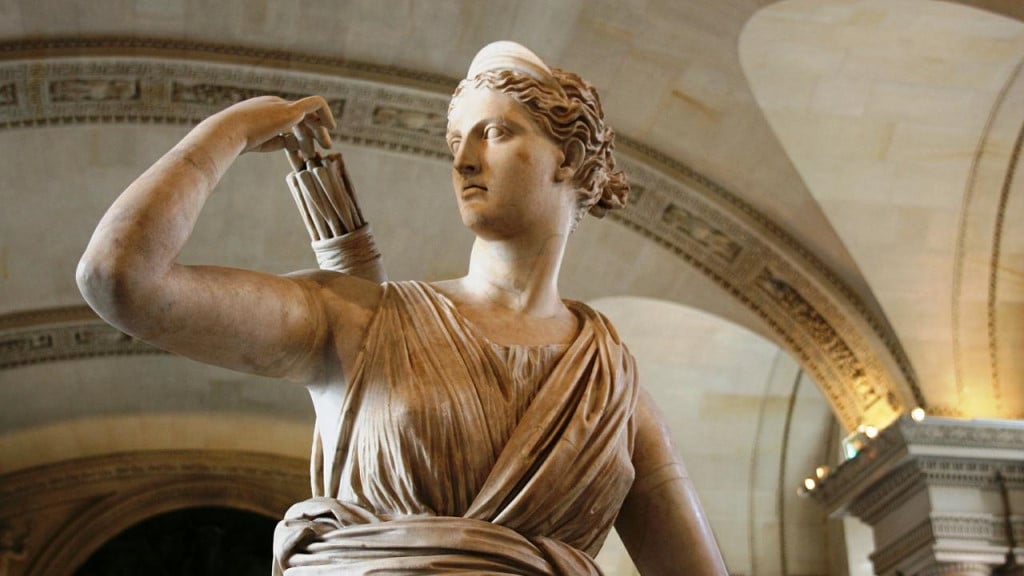
The movement expanded to include several variants of Gardner’s original teachings:
- Dianic Wiccans: Founded by Alexander Sanders (1926–1988). Their most prominent belief is that Wicca is women’s religion.
- Neo-Pagans: This parallel group worships the Goddess and practices magick, but avoids the label “witch”.
- Traditionalists: Emerging in the 1960s and 1970s, they rejected Gardner’s practice of worshiping naked. Gardner believed that garments hampered magickal workings. They chose to wear ritual robes instead. They claimed to base their beliefs on pre-Gardnerian sources.
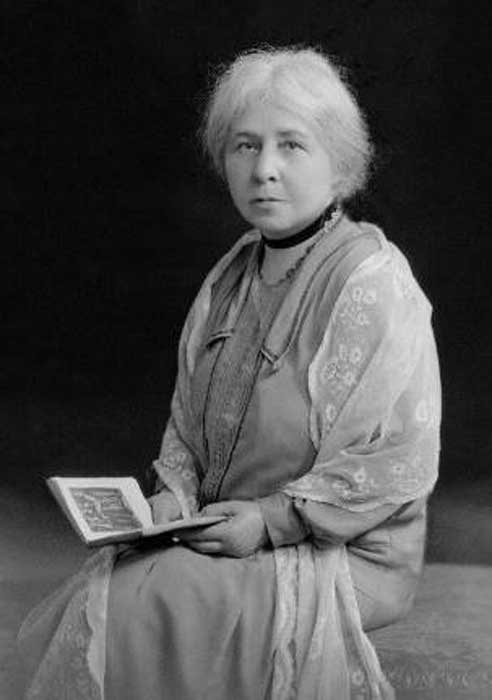
As the second generation of Wiccans and Neo-Pagans emerged, they reassessed earlier claims. Gardner claimed that Wicca inherited original witchcraft rites from pre-Christian paganism. Early Wiccans cited works of the author Margaret Murray to support these claims. Murray wrote “The Witch-Cult in Western Europe” (1921) and the entry for “Witchcraft” in the 14th edition of the Encyclopaedia Britannica (1929). Murray’s entry remained in the encyclopedia until 1969. Since then, many of Murray’s claims have been debunked. Modern practitioners generally recognize that Wicca began with Gardner. Wicca is inspired by pre-Christian beliefs, rather than directly inherited from them.
In the 21st century, Wicca and Neo-Paganism have spread across the world. Estimates of followers range widely, from 100,000 to over 1.5 million.
This growth and diversification reflect Wicca’s evolution from Gardner’s original system. Wicca has adapted to various cultural contexts and individual preferences. Some of those new systems are solitary Wicca and eclectic Wicca. Both make it even easier to start Wicca. They offer enhanced flexibility over the other traditions we’ve discussed so far.
Interested in Learning More About Wicca?
Do you find this topic fascinating? Take the first step on your magickal journey by joining Wicca Academy. By signing up for free, you’ll gain access to our foundational course, Wicca 101. Wicca 101 provides you with the essential knowledge and skills to confidently start practicing Wicca. Start your magickal journey today.
Check out our other articles:
Sigils for Newcomers
Jar Spells Made Simple
Get to Know Your Familiar
Kitchen Magick for Beginners
Moon Phases and Simple Rituals
See All Articles
Love this article? Share the magick with your friends and loved ones!
Frequently Asked Questions
What is the Difference Between Wicca and Witchcraft?
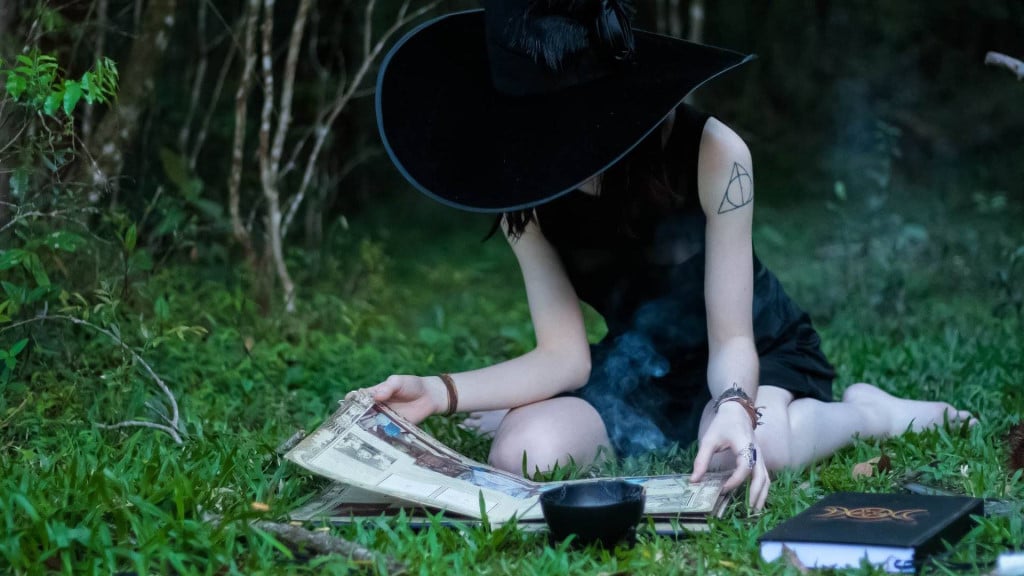
The first difference is that Wicca is a religion, and witchcraft is a practice. The two systems also have different purposes. Since Wicca is a religion, its purpose is to honor the God/Goddess and value personal spirituality. Contrastingly, witchcraft doesn’t have any deities — its focus lies only on magick and using spells to get desired results.
Furthermore, witchcraft guards its secrets carefully, so you won’t find all information about it in books. On the other hand, we barely have any secrets, with all the information written in the “Gardnerian Book of Shadows”. Also, every witch can have their own Book of Shadows, which they can show to others.
Just like Wiccans, those who practice witchcraft can join any religion. So, there can be Jewish, Christian, Muslim, etc. Wiccans and witches.
Related: Are All Witches Wiccan?
What is the Difference Between Wicca and Paganism?
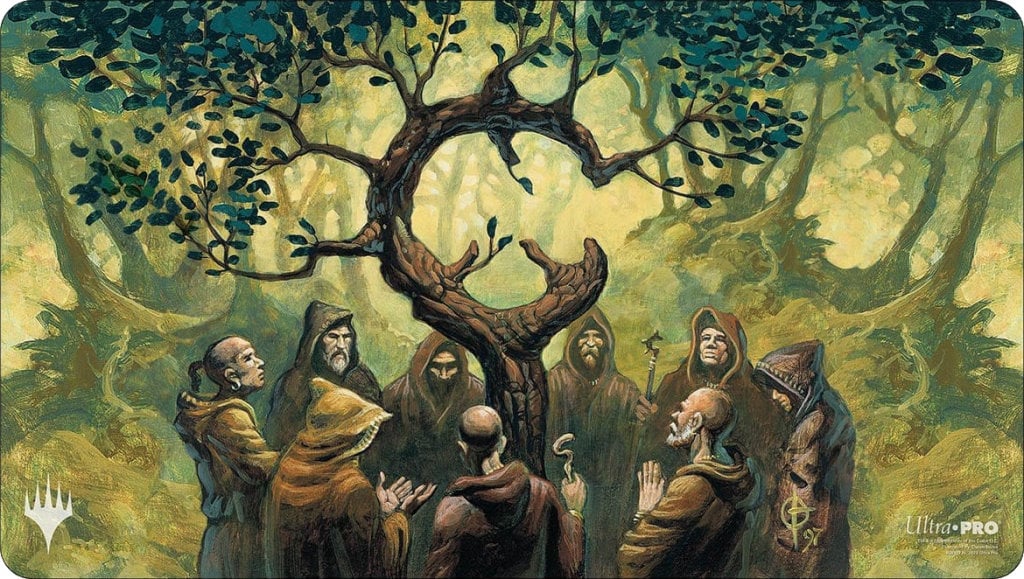
A pagan is a part of a cultural, spiritual, or religious community focused on nature and worship. So, paganism is a broad term that refers to or inspires many different styles of spirituality. Today, neopaganism centers around pre-Christian rites and customs and a great love for nature.
Wicca, by definition, falls within the umbrella of neopaganism. Both neopaganism and Wicca are centered on spirituality, fertility, and nature.
Related: What Is the Difference Between Wicca and Paganism?
What is the Difference Between Wicca and Druidry?
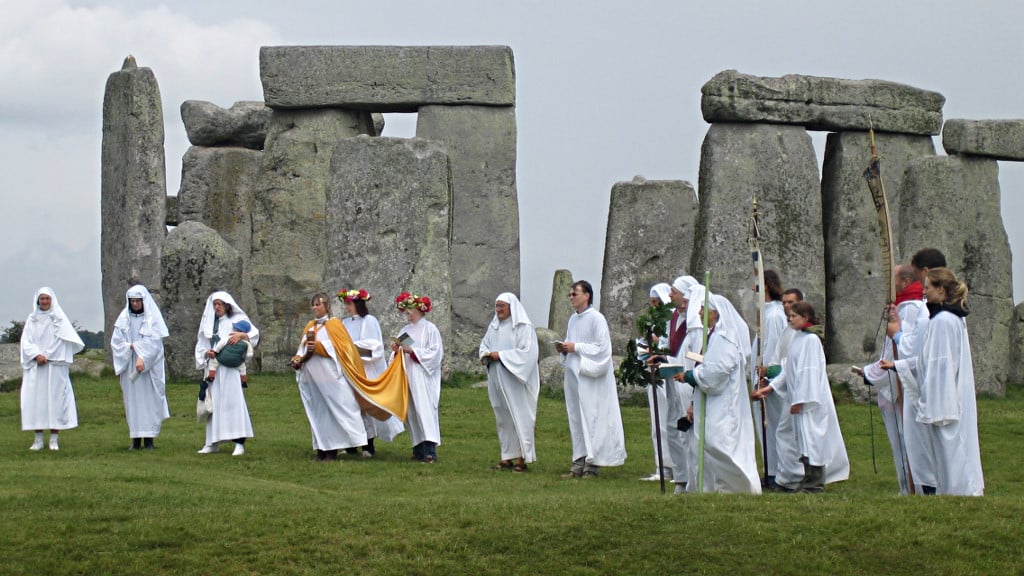
While we commonly honor the Goddess and God, Druids are more polytheistic and animistic. In Wicca, we frequently acknowledge deity as most significant, along with anthropomorphized spirits or beings. Druidry, on the other hand, prioritizes the environment, spirits of place, and ancestors.
Where Wicca is generally an initiatory tradition with formal learning, Druidry is more experimental and personal. Druidry teachings are also available to everyone.
Wicca vs. Buddhism
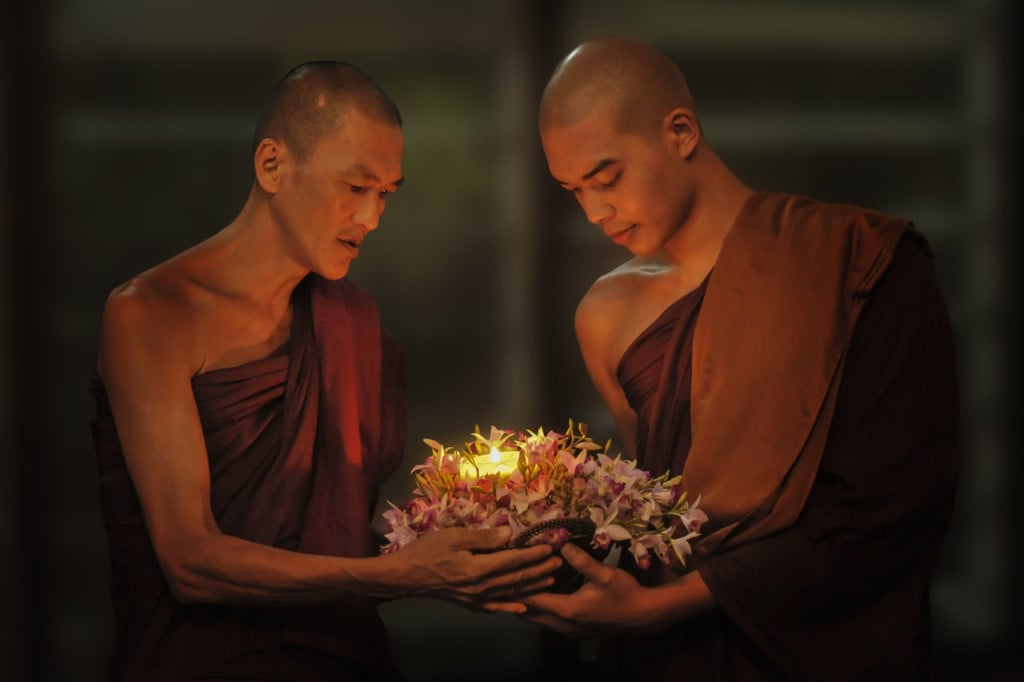
The two religions believe that pain comes from ignorance of the fundamental nature of things (although we disagree on what that true nature is). Both Wicca and Buddhism teach about the cycle of death and rebirth and practice meditation. Kindness is also one of the central principles in Buddhism and is very important to us. However, where we work with deities, Buddhism ignores their existence.
Wicca vs. Celtic Paganism
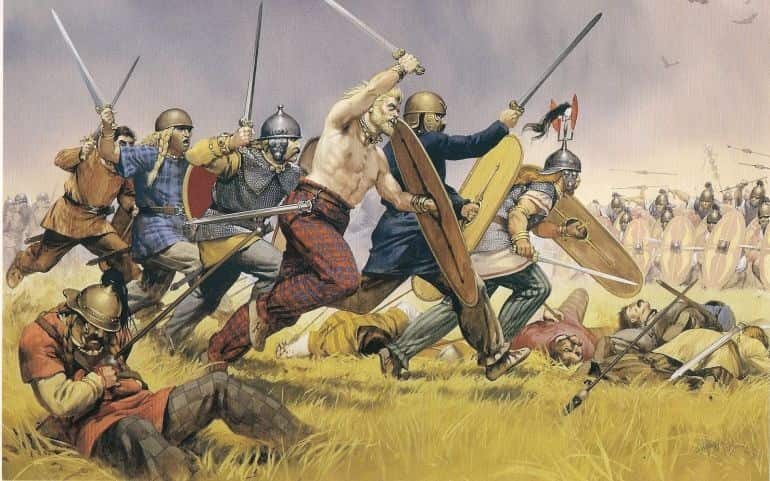
While there are aspects of Celtic religious beliefs, mythology, and folk magick in Wicca, our essential doctrines and beliefs are vastly different from those of Celtic Pagans. For instance, the Celts believe that gods are their ancestors, which is not customary within our religion. Moreover, Celtic and Wiccan ethics are incompatible. Where we have a “harm none” rule, Celts believe in heroism, tribal honor, and duty to the tribe.
Wicca vs. New Age
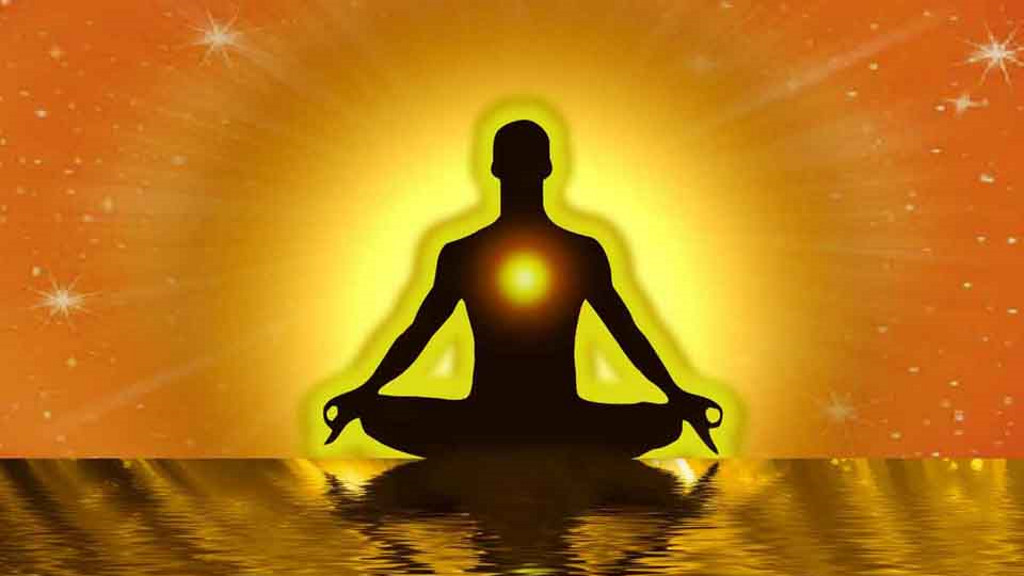
As a part of modern paganism, Wicca takes its beliefs from past cultures and traditions. On the contrary, New Age movements believe in the coming of improved human consciousness. Furthermore, our theology is immanent and connects the natural world to the divine. New Age favors transcendence of the physical existence.
Wicca vs. Heathenry
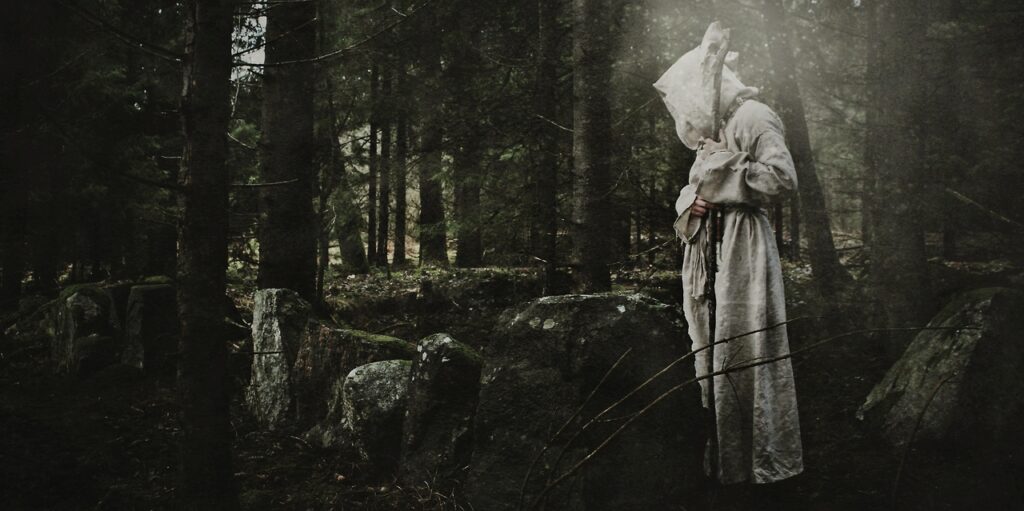
Heathenry encompasses a variety of practices and beliefs, like Germanic Pagan Reconstructionism, Odinism, and Asatru. Unlike Wicca and certain kinds of paganism, Heathenry places little emphasis on magick and witchcraft. Gods and ancestors are central to this religion.
What Is Draconic Wicca?
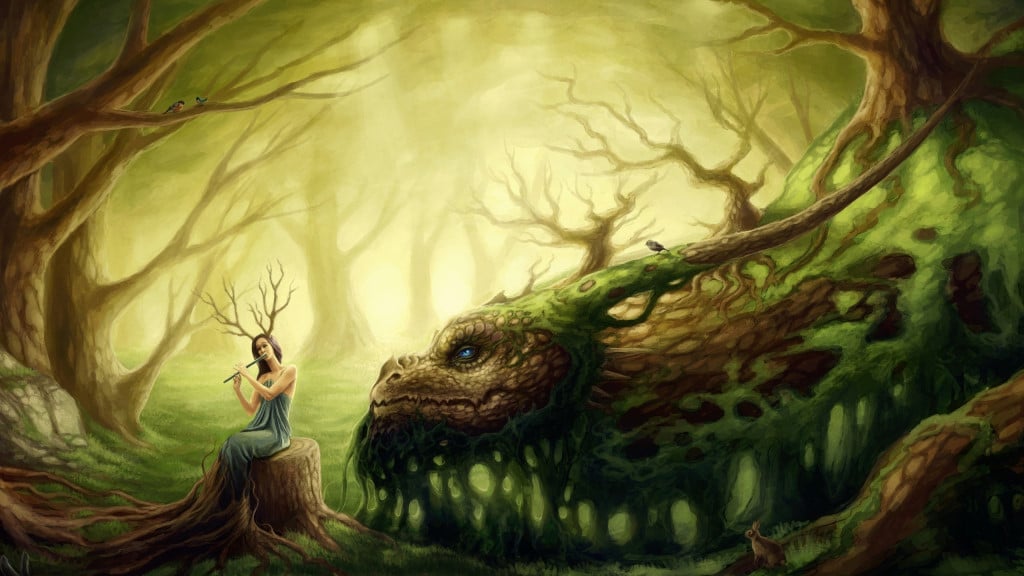
Draconic Wicca is a branch of Wicca, practiced mostly in Asia. What makes this movement stand out is that instead of Goddess and God, the practitioners use the powers of dragons. There are different types of dragons with unique personalities. Usually, they have the combined powers of the Wiccan Goddess and God.
What is Pan Wicca?
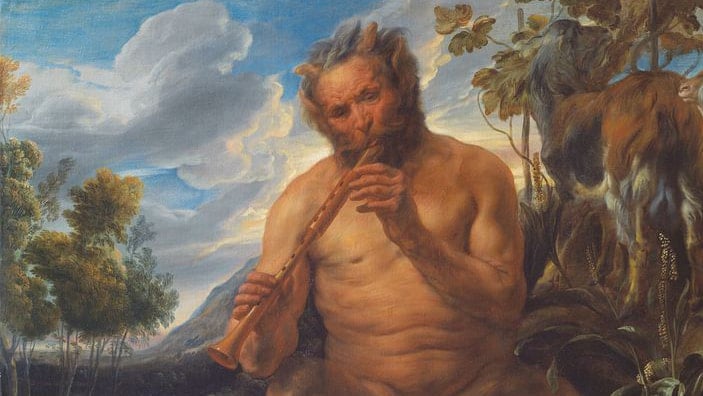
Pan is the God of nature, the wild, shepherds, flocks, mountain wilds, sexuality, and fertility. Margaret Murray wrote about Pan in her 1933 book “The God of the Witches”. There, she suggests that Pan was a version of the old Horned God worshiped by the Witch Cult throughout Europe. Her work had an impact on the Neo-pagan concept of the Horned God as an archetype of masculine vigor and sexuality, which is highly significant in Wicca.
What Is Shamanic Wicca?
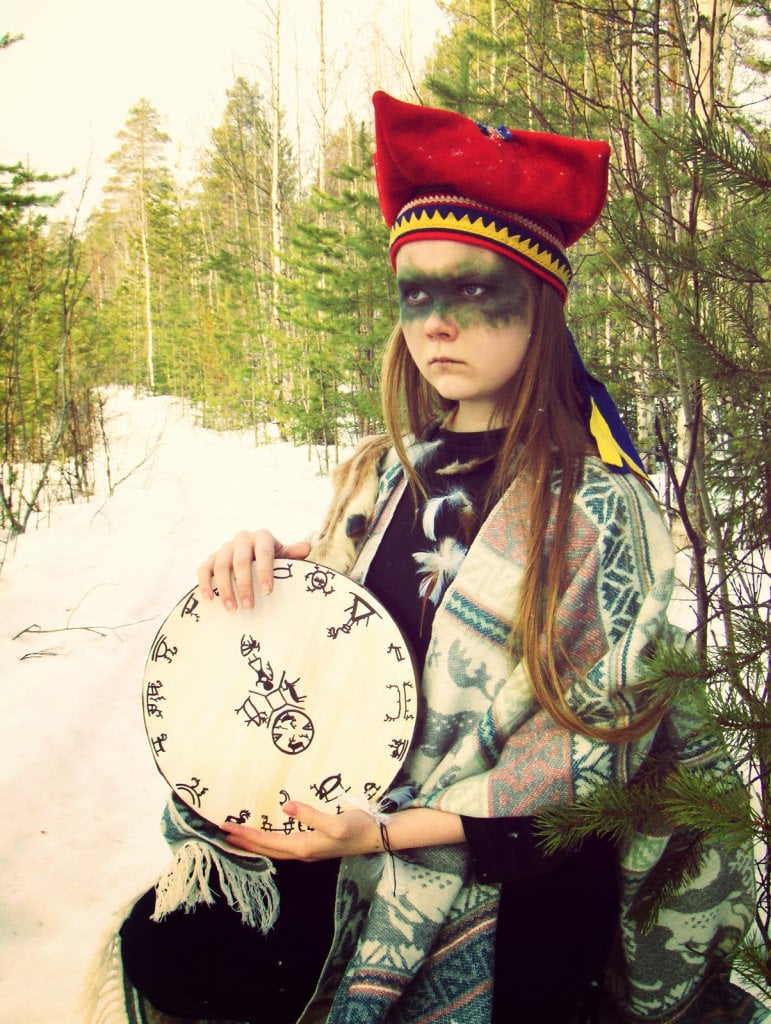
Shamanic Wicca is a combination of core shamanic techniques and Wicca as we know it. Core shamanic practices include drumming, chanting, dancing, and spirit guides that are used to gain entrance into non-ordinary reality.
What Is Faery Wicca?
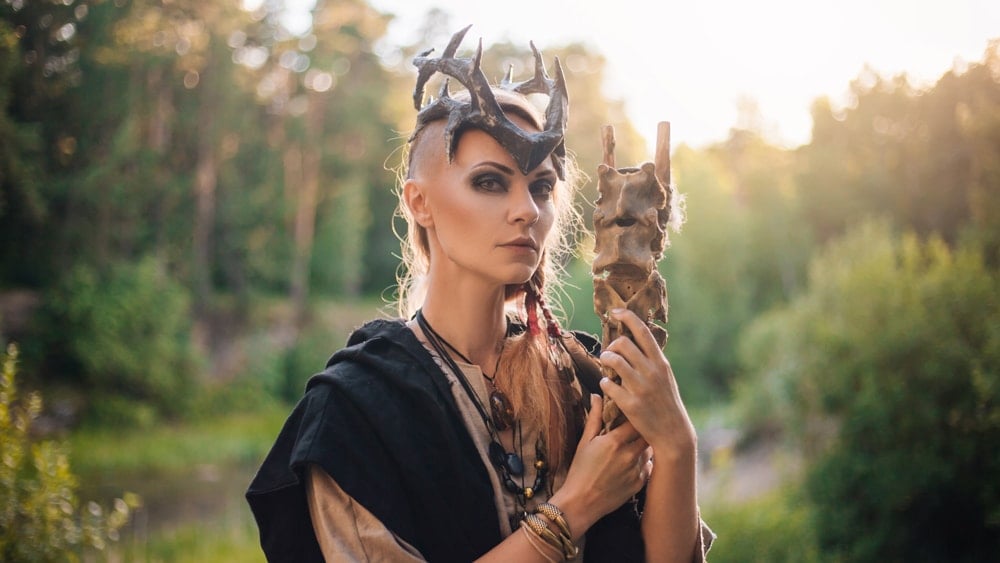
Faery Wicca is a contemporary Wiccan tradition developed by Kisma Stepanich. It loosely relies on Irish mythology, at least as Stepanich interprets it. Faery Wicca also has elements of Celtic history, folklore, pseudohistory, imagination, and other non-Celtic sources.
What Is Correllian Wicca?
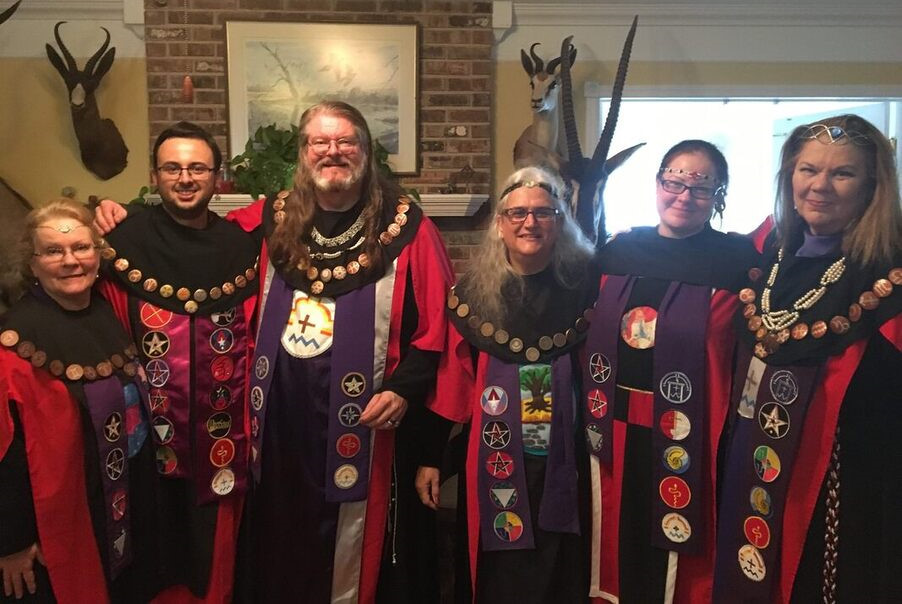
Correllian Wicca argues there’s a single source from which all paths emerge and depart. This belief extends to the ability to select our own path as a witch. According to this movement, “the Gods” are the human means of knowing and dealing with Deity, which is transcendent in nature and beyond our ultimate ability to comprehend completely.
What Religion Is Most Related to Wicca?
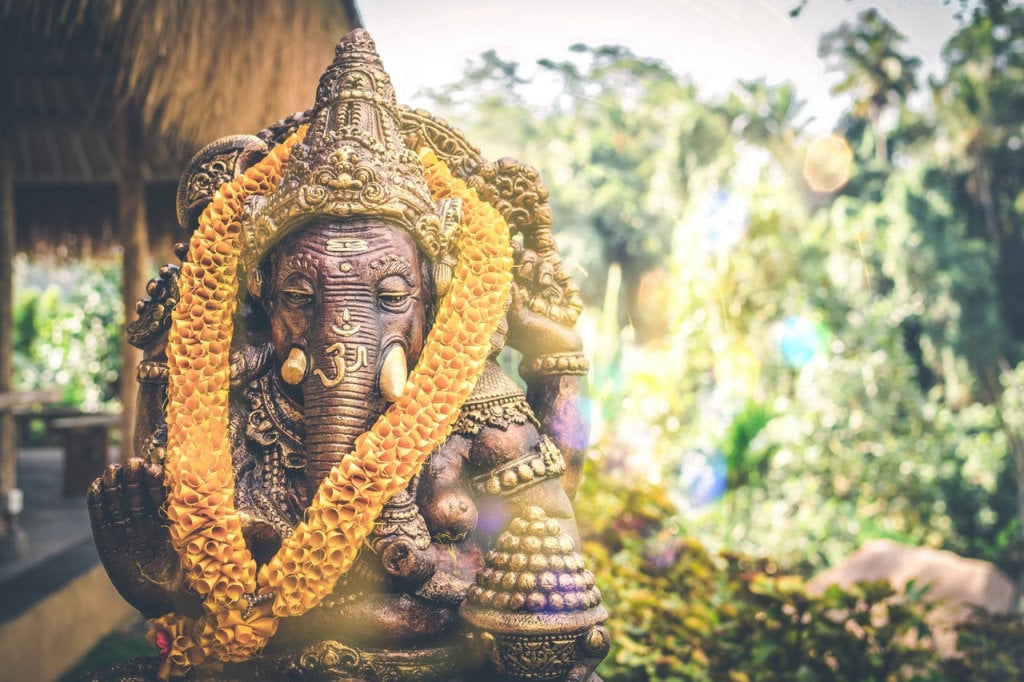
There are several religions that have some similarities to Wicca. For instance, Hindu and Wicca are both traditional, polytheistic folk religions that stress peace and not causing harm to others. On the other hand, just like Wicca, Buddhism is not based on rules and divine judgment but on understanding our connection to this world and responsibility towards it. Wicca is also compatible with several Afro-Caribbean religions.
Check out our other articles:
Sigils for Newcomers
Jar Spells Made Simple
Get to Know Your Familiar
Kitchen Magick for Beginners
Moon Phases and Simple Rituals
See All Articles
Love this article? Share the magick with your friends and loved ones!
Hi thanks alot for making and putting up this site and information.
A lot of good information here learned a lot of new things always learning thank you